
A Post-Covid Message from the Founder and CEO of Explore Mesopotamia
Dear fellow adventurersCovid has taught us many things, i.e., washing our hands every 15 seconds and many other vital life habits.Seriously, the most important thing we have learned as adventure travellers is that it is vital who you travel with as Adventure Travel, by its very nature, often has unforeseen difficulties that must be overcome.Explore Mesopotamia is the first-ever inwardly focused Tour Company in the Kurdistan Region and the only company that has survived the crises of ISIS and, most recently, Covid-19.
Read more
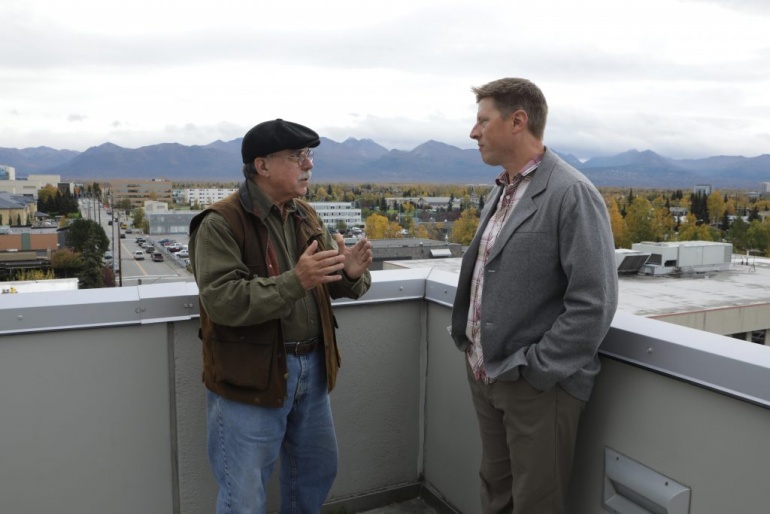
Kurdistan – “The Other Iraq” Open and Ready
Editor’s Note: This past December ATTA President, Mr. Shannon Stowell, interviewed Douglas Layton about adventure travel in Kurdistan and his own experience in the region. “As Douglas said, “We all know the media likes a scary story and violence sells. The problem is, Kurdistan is not in the middle of a violent war and there is nothing scary about the region.” Stowell, who visited Kurdistan in April of 2009 often remarks on how incredibly friendly the people of the region were to him during his visit.
Read more
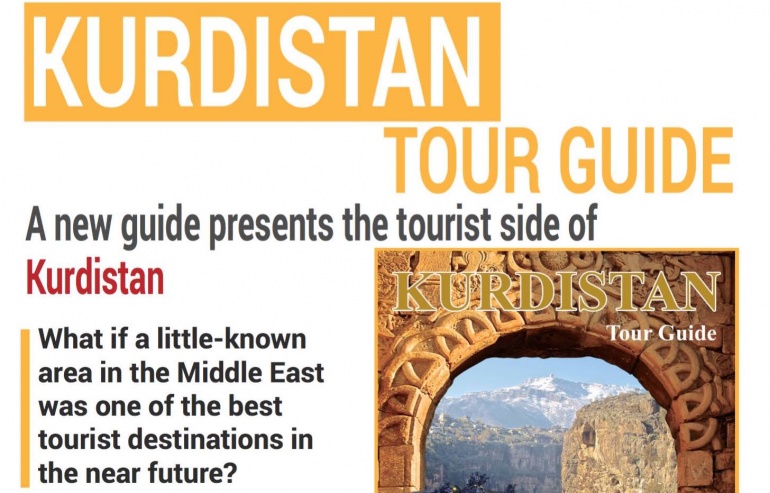
Editor’s Note: This past December ATTA President, Mr. Shannon Stowell, interviewed Douglas Layton about adventure travel in Kurdistan and his own experience in the region. “As Douglas said, “We all know the media likes a scary story and violence sells. The problem is, Kurdistan is not in the middle of a violent war and there is nothing scary about the region.” Stowell, who visited Kurdistan in April of 2009 often remarks on how incredibly friendly the people of the region were to him during his visit.
Read more
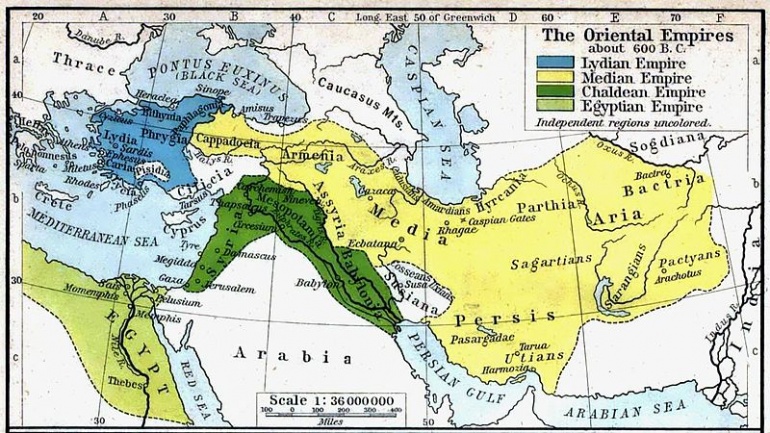
In describing the people of Kurdistan (Kurdistanis), someone, someplace, sometime ago wrote something like this: "Kurdistanis are a people who are more like themselves than like anybody else."This simple (brilliant!) English sentence says everything while it says nothing. Just who are the Kurdistanis?
Read more
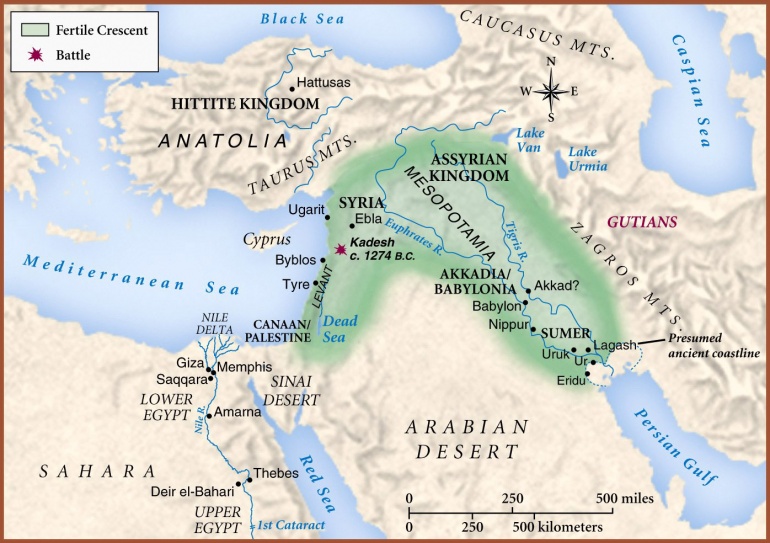
Excerpt: "Iraqi Kurdistan is at the heart of the Fertile Crescent, the region where farming and settlement first arose, stretching from the Mediterranean across modern-day Turkey and through Iraq to the Persian Gulf. Some of history's greatest civilizations--not just the Assyrians but also the Babylonians, Sumerians, and Hurrians--reigned over the rolling hills and valleys of Iraqi Kurdistan. "It's a crossroads of cultures in all periods," says Jessica Giraud, head of the French Institute in the Near East's mission in Erbil. "It's vital to answering all kinds of questions, from the domestication of plants and sedentarization to the birth of civilization."
Read more

The Hanging Gardens of Babylon were not in Babylon south of Baghdad! We learned in primary/elementary/basic school about the 'Hanging Gardens of Babylon' as one of the 'Seven Ancient Wonders of the World'. Of the seven, the Gardens were the only one of the Wonders that hasn't been found.
Read more

When we first pioneered tourism in Kurdistan our average guest was 70 years of age and had visited on average a hundred countries. Most were couples who spent a great deal of their time exploring the world and looking for new and exciting place to visit—Kurdistan was a perfect destination for people who had generally been there and done that. But times are changing and our guest list is becoming more and more diverse as Kurdistan gains fame as the most inviting and exciting destination in the Middle East.
Read more
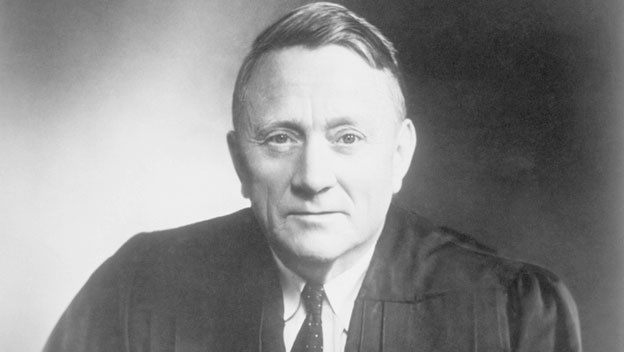
William O. Douglas, the longest serving justice in the history of the United States Supreme Court (nearly 37 years), while still a justice, drove from Karachi (Pakistan) to Istanbul via Afghanistan, Iran, and Iraq. Just the three of them - Justice Douglas, his wife who was the car mechanic, and a woman friend of hers - without security arrangements of any kind. They drove 11,000 kilometers, much of it over unpaved roads, in the summer of 1957, in a 1956 Chevrolet station wagon without air-conditioning.
Read more
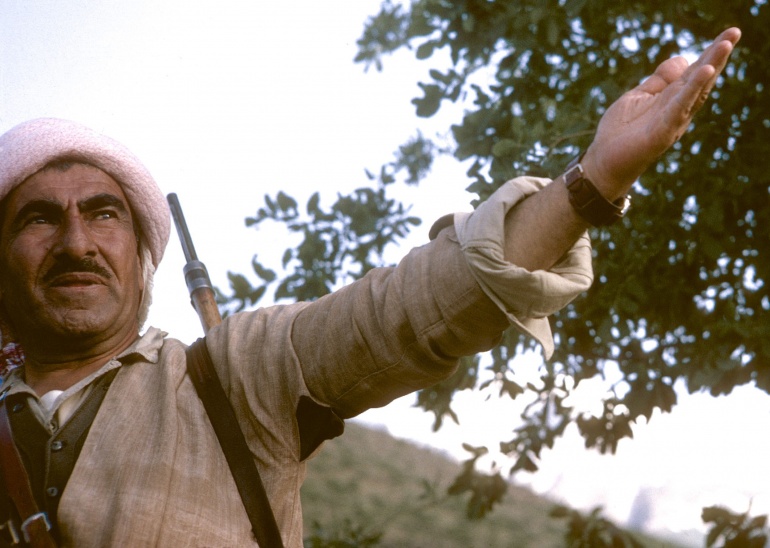
September 11 is (also) the anniversary date of the Kurdistan revolution that began in 1961. From his assignment in Beirut, The New York Times Middle East correspondent Dana Adams Schmidt “disappeared in Kurdistan” during the summer of 1962 for 59 days. Avoiding Syrian, Turkish, Iranian, and Iraqi authorities, Schmidt trekked with peshmerga and rode donkey, mule, and horse across today’s Kurdistan Region of Iraq. Following this assignment he received a prestigious award, “For the best reporting requiring exceptional courage and enterprise abroad.”
Read more
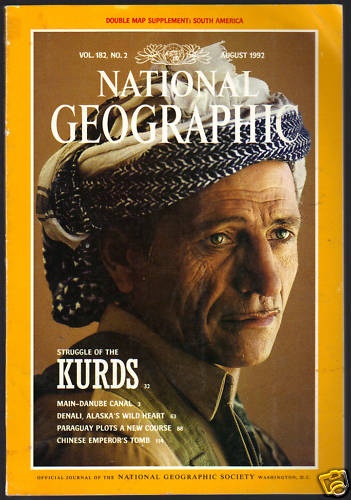
Features "The Other Iraq". It's all there in black and white text, and convincing color photographs by Ed Kashi.
Read more